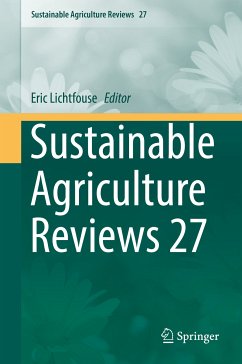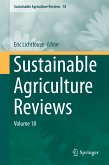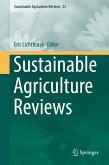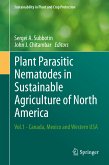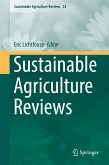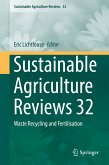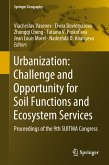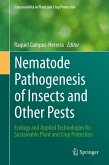This book deals with a rapidly growing field aiming at producing food and energy in a sustainable way for humans and their children. It is a discipline that addresses current issues such as climate change, increasing food and fuel prices, poor-nation starvation, rich-nation obesity, water pollution, soil erosion, fertility loss, pest control, and biodiversity depletion. Novel, environmentally-friendly solutions are proposed based on integrated knowledge from sciences as diverse as agronomy, soil science, molecular biology, chemistry, toxicology, ecology, economy, and social sciences. Indeed, sustainable agriculture decipher mechanisms of processes that occur from the molecular level to the farming system to the global level at time scales ranging from seconds to centuries. For that, scientists use the system approach that involves studying components and interactions of a whole system to address scientific, economic and social issues. In that respect, sustainable agriculture is nota classical, narrow science. Instead of solving problems using the classical painkiller approach that treats only negative impacts, sustainable agriculture treats problem sources. Because most actual society issues are now intertwined, global, and fast-developing, sustainable agriculture will bring solutions to build a safer world. This book series gathers review articles that analyze current agricultural issues and knowledge, then propose alternative solutions. It will therefore help all scientists, decision-makers, professors, farmers and politicians who wish to build a safe agriculture, energy and food system for future generations.
Dieser Download kann aus rechtlichen Gründen nur mit Rechnungsadresse in A, B, BG, CY, CZ, D, DK, EW, E, FIN, F, GR, HR, H, IRL, I, LT, L, LR, M, NL, PL, P, R, S, SLO, SK ausgeliefert werden.

